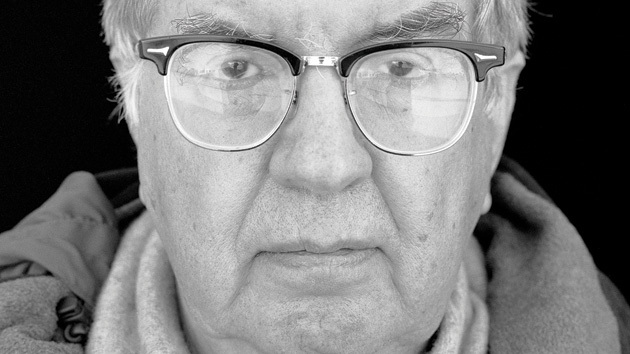From Our Archives, an Interview With Novelist Larry McMurtry
Brent Humphreys/Redux
Let our journalists help you make sense of the noise: Subscribe to the Mother Jones Daily newsletter and get a recap of news that matters.Each Friday, we bring you an article from our archives to propel you into the weekend.
Today it was announced that Larry McMurtry, one of the great novelists of his time, died. He was 84. A writer of the American West, McMurtry is often remembered for his classic Lonesome Dove. It is, according to our reporter Tim Murphy, worth the read (however long). As Tim joked in recommending it today: “[melville dies] ‘read Moby Dick if you haven’t.’” But McMurtry wasn’t just a writer of cowboys and horses. His incisive novels became classic films, like The Last Picture Show and Terms of Endearment. I haven’t dug in, but I’ve also heard a few mentions of McMurtry’s work for the New York Review of Books. (My own experience with McMurtry is mainly through his son, James McMurtry, who has made some of my favorite albums of the last 20 years.)
Michael Mechanic, a senior editor here—with a book out soon on the inner lives of the rich (order!)—interviewed McMurtry in 2014. Give it a read. I particularly liked this quick back and forth in which McMurtry swats down the annoying interpretations of Lonesome Dove he has seen:
You felt that Lonesome Dove was misinterpreted, that you’d intended it as an anti-Western. In what sense?
Would you like your menfolk to be that way? The Western myth is a heroic myth, and yet settling the West was not heroic. It ended with Custer; it was the end of the settlement narrative, which had been going on since 1620.





